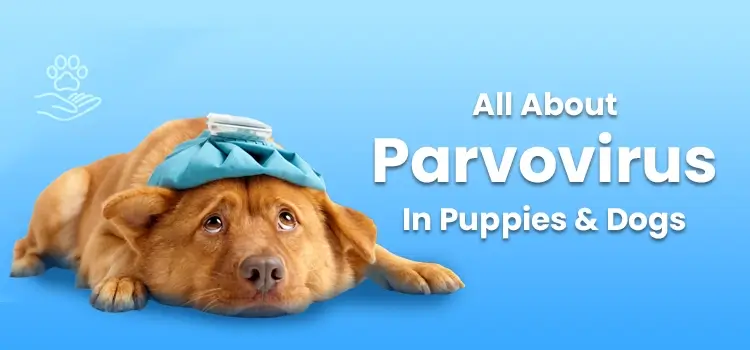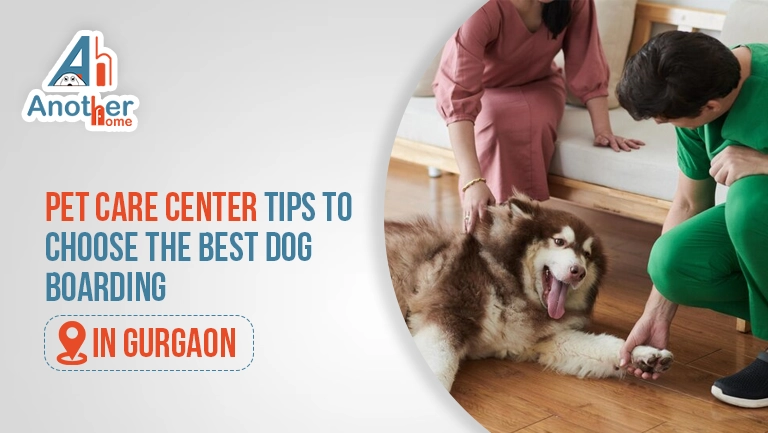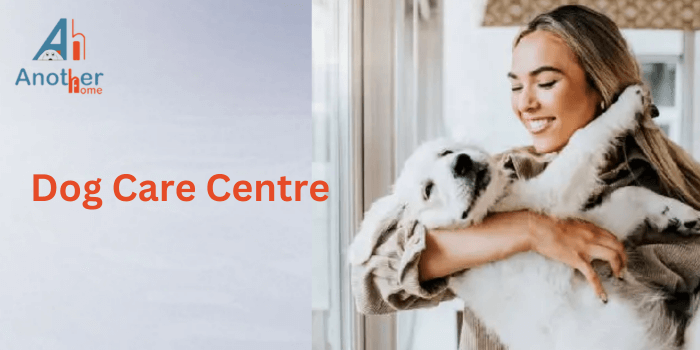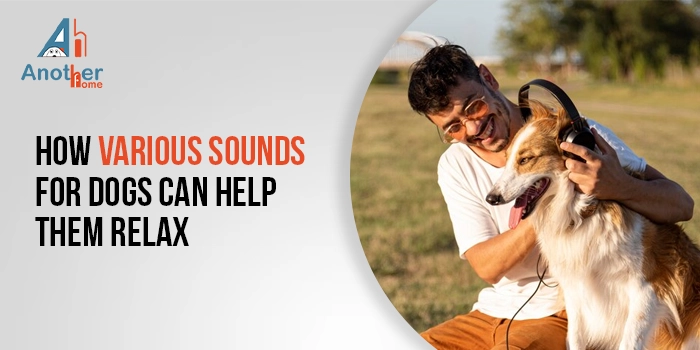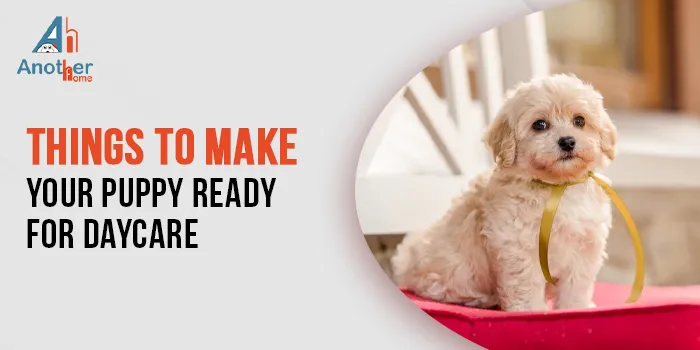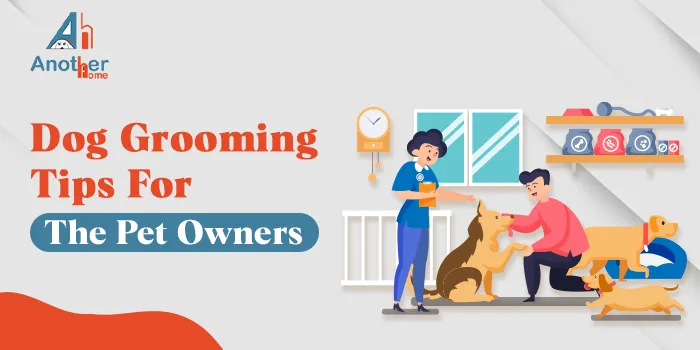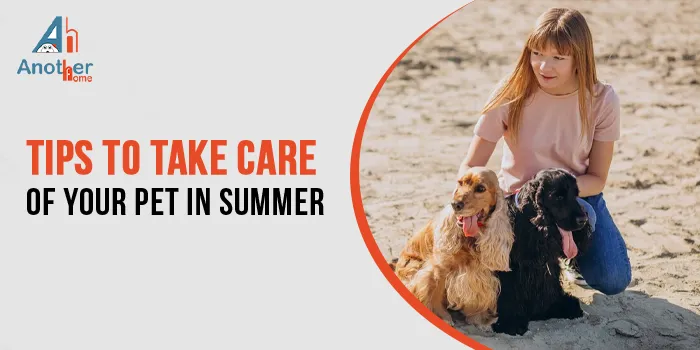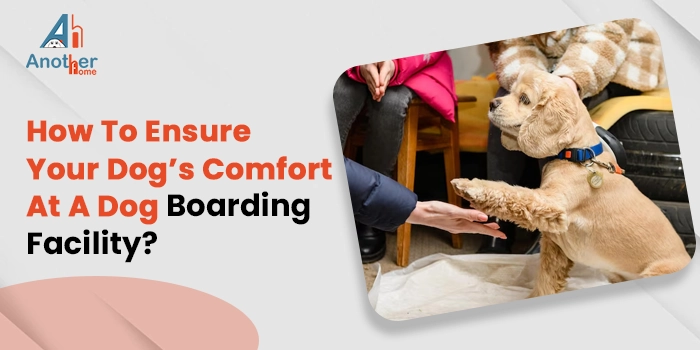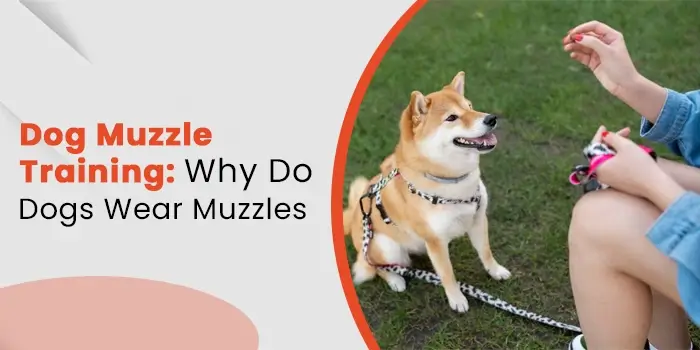Parvovirus is a highly contagious viral infection affecting canines, primarily dogs. The disease targets the stomach and small intestine and heavily affects them, thus damaging your pet's digestive system and further reducing the immunity and health of the animal by blocking the absorption of nutrients from the foods by the body cells. Parvovirus can easily spread from one dog to another through direct or indirect contact with faeces. The mortality rate of any animal without proper treatment is very high. Thus every pet owner must be aware of Parvovirus diseases. Here we will discuss primary information regarding Parvovirus; after reading, a dog owner will be able to detect whether their animal has been infected by this disease and, in case they are, what measures need to be taken to save their pet. Read the article further to know more about Parvovirus.
About Parvovirus
Parvovirus is a viral infection whose first case was detected in 1978, after which it spread worldwide within the timespan of only two years. The disease is very highly contagious and can spread very easily through any means from one infected dog to another. Puppies who are between 6 weeks to 6 months old are most vulnerable to Parvovirus.
What Happens When Parvovirus Enters The Body
Once the virus has entered the body, it reaches the lymph nodes, starts replicating, and within a few days, it grows to a significant number which gets released into the bloodstream. After which, they start reaching various organs of the body. The primary organ infected by Parvovirus is the small intestine which targets gut cells and stops nutrient absorption in the body. It can become fatal as it can create a situation of bloody diarrhoea and vomiting which can lead to extreme fluid loss and dehydration, which can lead to death.
Various Symptoms Of Parvovirus In Dogs
It takes 3-7 days between the first exposure to an infection and the appearance of the first symptom in the body. Following are the various signs and symptoms which indicate the occurrence of Parvovirus infection in Dogs and Puppies:
- Diarrhoea
- Vomiting (possible that it contains blood)
- Fever or hypothermia
- Lethargy or weakness
- Blood in faeces
- Dehydration
- Loss of appetite
- Sudden weight loss
- Discomfort
Diagnosis For Parvovirus In Dogs
In case of the occurrence of any of the symptoms, you need to take your dog to the vet immediately to diagnose the infection. Parvovirus can be easily diagnosed through various some of which are given below:
- Urine Test
- Abdominal X-Ray
- Tissue Culture
- Electron Microscopy
- Polymerase Chain Reaction (PCR)
- Enzyme-Linked Immunosorbent Assay
Among the various diagnostics methods for Parvovirus, PCR, and ELISA have the highest rate of sensitivity and are the most commonly used methods in India to detect Parvovirus. The above test is easily affordable by the people, pricing between 1200-2000 rupees.
How To Treat Parvovirus In Dogs
No cure can be provided to dogs to cure Parvovirus. All we can do is provide the required treatment to our pet to support the immune system and provide them with the best nutrition available from our side so that they can easily recover from the infection. The only thing which can fight Parvovirus is the dog's immunity which has been obtained by the dogs from their mother's first milk. We need to ensure that the dog is provided with the required treatment depending on its symptoms.
Usually, it takes more than ten days for the dog to recover from Parvovirus. Also, you need to make sure that you have provided the best parvovirus treatment in dogs because of how fatal it can be. There might also be a possibility that your dog can catch another infection due to weakened immunity which only increases the recovery time. Thus make sure that your dog has the proper environment from other places, or if you want, you can bring it to Another Home. Even after your dog has fully recovered, it will be weak. So you also need to make sure to provide your dog with a well nutritious diet to make it healthy again.
Parvovirus Vaccine For Dogs
To prevent the infection of Parvovirus in your dog, you can vaccinate your puppy. The best time to vaccinate your puppy is between 2-6 weeks. The reason for that is the maternal immunity acquired by the puppy from its mother's milk. Thus if inoculated at this time with a limited dose will further help to boost immunity. After which a subsequent dose needs to be provided to the dog within a given period to make your dog fully immune to the virus infection.
About Another Home
So far from the discussion above, we hope that now you can easily detect the symptoms of Parvovirus in your dogs and get the proper measures provided to it if required. You can get a vet facility at Another Home.
Suggestion Reading: 5 Ways To Keep Your Dog Healthy

